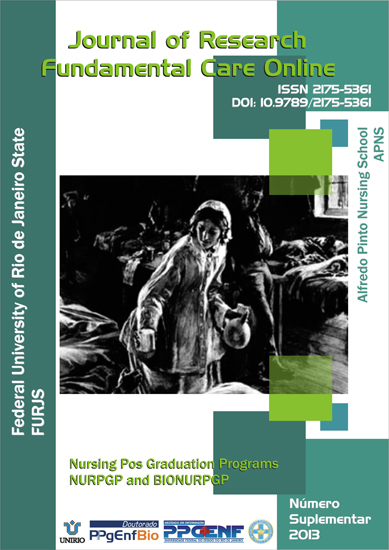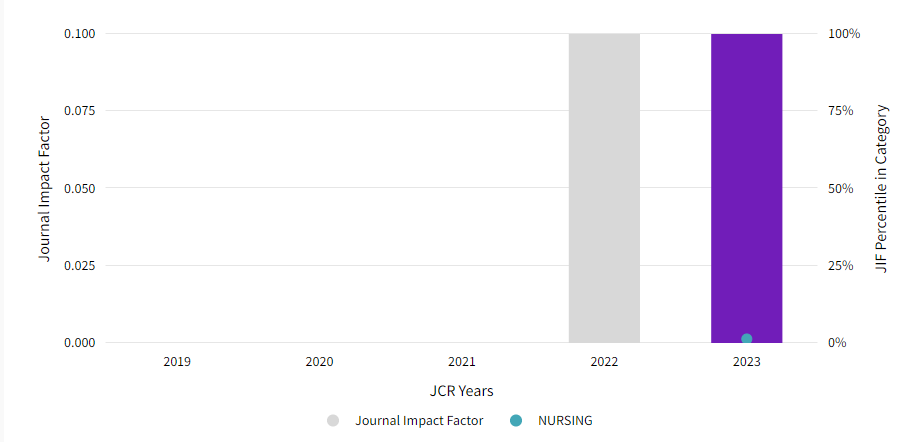Permanent nursing education in family health strategy
DOI:
https://doi.org/10.9789/2175-5361.2013.v5i6.64-73Keywords:
Nursing, Education, Family Healthcare.Abstract
Objective: to analyze the permanent education process of Nurses in the Family Health Strategy and its relationship with the quality of the care provided. Methodology: This is a qualitative research, carried out with 26 Nurses of Primary Healthcare Units. The data were collected from April to June 2012, by means of semi-structured interview, processed in Alcest 4.8 and analyzed by descending hierarchical classification. Results: They were presented in four classes, namely: the availability of nurses for trainings; the permanent education policy; the quality of nursing work and vocational training through the introductory course and specialization. Conclusion: The permanent education process of nurses in the Family Health Strategy depends on the Permanent Education Policy adopted in the municipality, with the training of nurses. The permanent education is directly related to the quality of care.Downloads
Published
How to Cite
Issue
Section
License
TRANSFER AGREEMENT COPYRIGHT I transfer copyright of the article to the Journal of Care Survey is Fundamental - Online - RPCF, so it is accepted due to electronic publishing. The copyright includes the right to reproduce in whole or in part by any means, distributing that article, including figures, photographs, and any translations. The author can also print and distribute copies of your article, stating that since the rights belong to RPCF. I declare that this manuscript is original and has not been submitted for publication, in whole or in part to other online journals or not, so BMMC in the Annals of scientific events or book chapters.




























